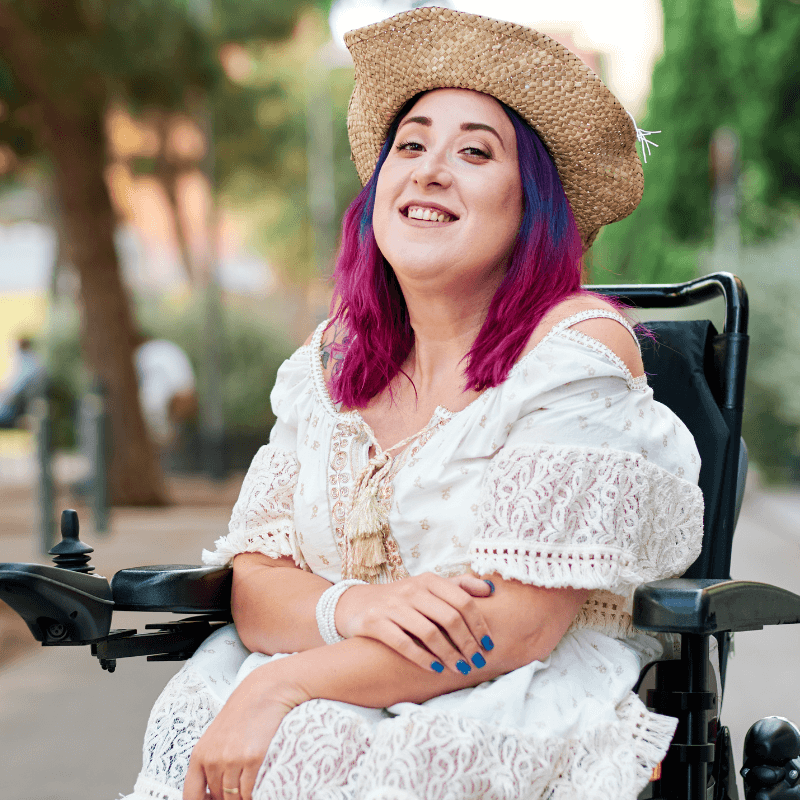Answers to the Most Common Questions about NDIS
(Updated May 2024)
The National Disability Insurance Scheme is also known as the NDIS. It provides funding to people with disability for supports and services. Many people have questions regarding the NDIS and how it works. Here, we offer guidance and help answer some of the most frequently asked NDIS questions.
What is the NDIS?
The NDIS provides funding for people with disability to access the supports and services they may need to live, enjoy life, and achieve their goals. These goals may include more independence, community participation, improved health and wellbeing, or help to gain employment.
Can I receive NDIS funding?
To be eligible for the NDIS, you must:
- Have a disability caused by a permanent impairment. The permanent impairment must substantially reduce your ability to do one of the following;
- Move around
- Communicate
- Socialise
- Learn
- Undertake self-care tasks
- Work or study.
- Be aged between 9 and 65 years, and
- Live in Australia and be an Australian citizen, or hold a permanent visa, or a protected special category visa.
How does the NDIS define ‘permanent impairment’?
A permanent impairment means your impairment is likely to be lifelong. An impairment greatly reduces your ability to carry out everyday living tasks. It can be a loss or change in your body’s functions, body structure, or how you think and learn. Some impairments are intellectual, cognitive, neurological, sensory, or physical.
What disabilities are likely to be eligible for NDIS funding?
The NDIS may provide funding for intellectual disability, autism, cerebral palsy, genetic conditions that result in permanent intellectual and physical impairments, spinal cord injury or brain injury or amputation that results in severe loss of strength and movement, permanent blindness or permanent hearing loss. You may also be eligible for the NDIS if you have a psychosocial disability. You can find a detailed list on the NDIS website.
How do I apply for the NDIS?
When you call the NDIS to ask about your eligibility, you will be referred to an NDIS local area coordinator in your area. When you first meet with an NDIS partner, they will need to confirm your identity. So, take your identity documents with you. They will talk to you about the application process and what to expect. You will also need to provide evidence of your disability, such as a letter or report from your doctor.
What services and supports can I access with my NDIS funding?
NDIS will fund supports or services to help you with living arrangements, independence, social participation, health and wellbeing, education, and employment. Some examples of these services include home care, assistance with personal care needs such as bathing, dressing or meals, social support and companionship services, respite care, transport, home maintenance and modifications, and more.
What happens if my circumstances change?
If your needs or living arrangements change, you can request a plan review from the NDIS. This ensures that your plan remains relevant and continues to meet your needs.
Can I manage my NDIS funding myself?
Yes, there are different ways to manage your NDIS finding. This includes self-management, plan management, and NDIS (National Disability Insurance Agency) management. You can choose the option that best suits your needs.
For more information, visit the NDIS website at www.ndis.gov.au or phone the NDIS on 1800 800 110. Alternatively, your local Simply Helping team is happy to answer any queries you may have and offer NDIS guidance.
Do you already receive NDIS funding? To learn how Simply Helping can support you at home or in the community, see our list of disability supports here.




